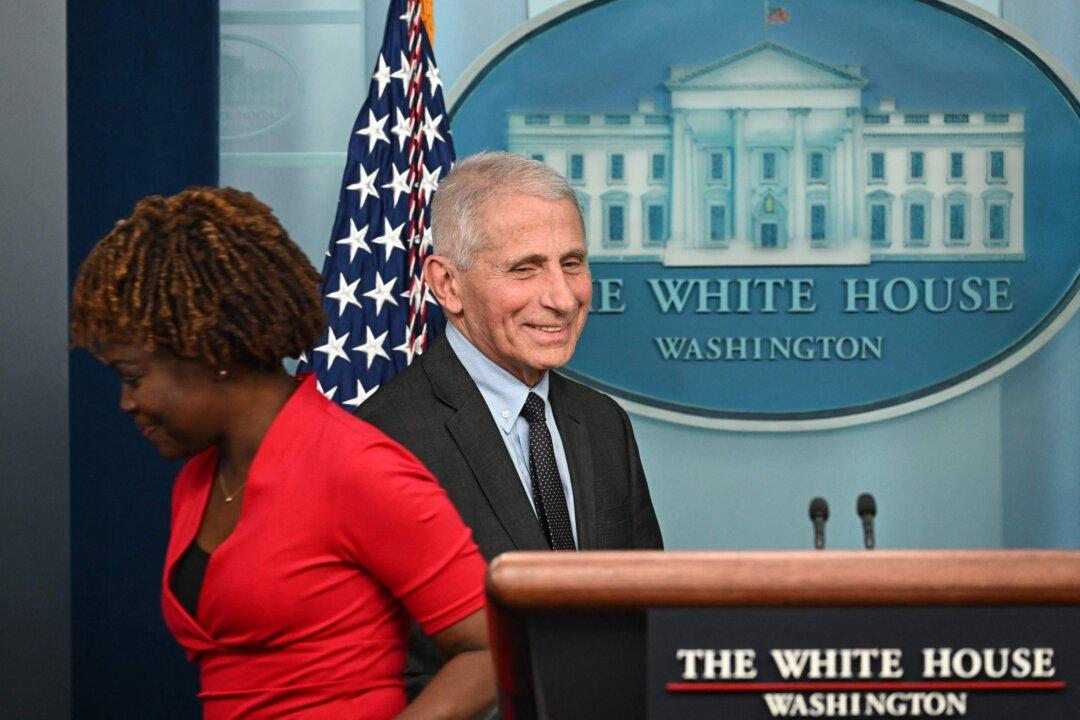Anthony Fauci, the outgoing medical adviser for President Joe Biden, criticized China’s handling of COVID-related shutdowns in recent interviews, and said that the lab leak theory could be “possible” but “essentially molecularly impossible.”
Fauci will step down next month as the director of the National Institute of Allergy and Infectious Diseases (NIAID) and as the principal medical adviser to the president. Fauci started off his Sunday interview with NBC by criticizing China’s approach to handling the coronavirus situation, and said, “Well, their approach has been very, very severe and rather draconian in the kinds of shutdowns without a seeming purpose.” He talked about how the regime was running quarantine operations without an “end game” that “really doesn’t make public health sense.”





